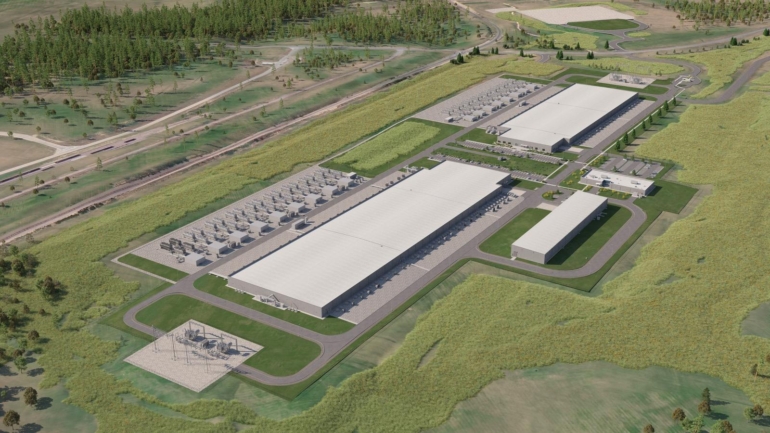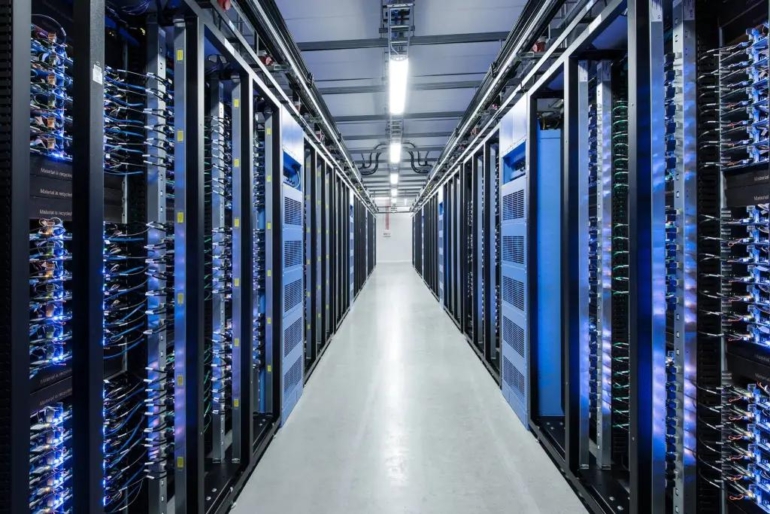A rare species of bee became one of the significant reasons that derailed plans by Mark Zuckerberg’s Meta to build a nuclear-powered AI data center in the US, according to a report by Financial Times. Sources told FT that the rare species of bees were found in the location selected for the construction of the data center. Reportedly, Zuckerberg was working on a deal with an existing nuclear power plant operator to provide emissions-free electricity for the proposed data center. However, the proposed deal faced several complications, which included environmental and regulatory challenges.

This comes as a major blow to Meta and Zuckerberg’s plans to take a leading position in the race over artificial intelligence. The tech giant’s rivals Amazon, Google, and Microsoft have all successfully taken steps to use nuclear power to satisfy the rising energy demands from data centers. Google became the first tech company to commission new nuclear powers by ordering several small modular nuclear reactors from US start-up Kairos Power. Microsoft announced in September that it would revive the mothballed nuclear plant at Three Mile Island, Pennsylvania, while Amazon struck a deal with the Susquehanna Steam Electric atomic plant, also in Pennsylvania, for its energy needs.

AI data centers have intense energy demands due to the computational power required for machine learning, data processing, and deep learning tasks. Large-scale AI models, especially those handling massive datasets, require extensive energy for both processing and cooling. Some estimates suggest that major AI operations can consume as much energy as a small city.

According to another report, Meta’s data center power consumption reached 14,975 GWh in 2023. To put that into context, the electricity used by Meta’s data center last year was enough to power 1.3 million American homes. Meta already has 21 data centers in the US and is currently building an $800 million, 715,000-square-foot data center in Aiken County, South Carolina.

Zuckerberg said at a Meta all-hands meeting last week that the company would have been the first tech giant to introduce nuclear-powered AI had the deal gone through. Another source familiar with the matter told FT that the billionaire has been frustrated with the lack of nuclear options in the US. Meta is continuing to explore other energy deals in a bid to maintain its green credentials. The San Francisco-based company attained “net zero” emissions in its operations in 2020.

